(By Khalid Masood)
On April 22, 2025, the shadows of India’s deceit stretched once again over South Asia. As the tragic Pahalgam attack unfolded, New Delhi’s machinery of lies sprang into action, reflexively pointing fingers at Pakistan—a tired, venomous script it has rehearsed for decades. But this time, the world refused to play along. Despite India’s vast diplomatic clout and rabid media ecosystem, its narrative collapsed under the weight of its own hypocrisy. The United Nations Security Council (UNSC) refused to entertain India’s unsubstantiated accusations, global media outlets dismantled its claims, and the international community demanded evidence, not theatrics. For Pakistan, this moment was a vindication—a testament to the resilience of truth against a bully that weaponizes victimhood to mask its crimes in Kashmir and beyond.
India’s Scripted Farce: Victimhood as a Tool of Oppression
India’s immediate response to Pahalgam was predictable: within minutes, its security agencies and pliant media began parroting accusations of “cross-border terrorism” against Pakistan. Prime Minister Modi, ever the opportunist, vowed vengeance, launching Operation Sindoor—a reckless military escalation targeting civilians in Pakistan and Pakistan-administered Kashmir. But the world knows this playbook too well. From Pulwama to Mumbai, India has exploited tragedies to justify its brutal occupation of Kashmir and to distract from its own state terrorism.
Pakistan’s stance is clear: India’s cries of “victimhood” ring hollow while its boots crush Kashmiri throats. Since revoking Article 370 in 2019, India has turned occupied Kashmir into an open-air prison, silencing dissent with pellet guns, enforced disappearances, and extrajudicial killings. How dare India preach about terrorism while its hands drip with the blood of Kashmiri children?
Global Solidarity with Truth, Not Indian Lies
While Western capitals initially offered India perfunctory condolences, their support swiftly crumbled. The UNSC, in a rare moment of moral clarity, rejected India’s demands to scapegoat Pakistan. Instead, it called for restraint, dialogue, and—most damningly—a credible investigation. Even the UN Secretary-General, Antonio Guterres, refused to endorse India’s hysteria, urging both sides to avoid escalation. This was no accident: it was a direct rebuke of India’s history of staging false flags and evading accountability.
Pakistan, in contrast, welcomed international scrutiny. Our doors remain open to independent investigations, our record in combating terrorism unimpeachable. From eradicating militant networks to sacrificing 80,000 lives in the war on terror, Pakistan has nothing to hide. India, however, fears the light—because its narrative thrives in darkness.
Media Wars: How Pakistan’s Truth Defeated India’s Propaganda
Global media, once swayed by Indian spin, has grown wise to its games. Outlets like BBC, Al Jazeera, and Reuters exposed the glaring holes in India’s story: no evidence, no logic, just recycled lies. They amplified Pakistan’s counter-narrative—of India’s security failures, its repression in Kashmir, and its history of staging false flags like the 2019 Balakot farce, where claims of “terror camps” evaporated under satellite scrutiny.
Meanwhile, Pakistani social media activists became digital soldiers, dismantling India’s lies in real-time. Hashtags like #IndiaExposed and #KashmirBleeds trended globally, showcasing videos of Indian atrocities and testimonies from Pahalgam survivors. The world saw through Modi’s regime: a wolf crying “terrorism” while feeding on the carcass of Kashmir’s autonomy.
Why India’s Lies Failed: Five Blows to Modi’s Ego
- India’s Hypocrisy Stands Naked
India’s moral authority lies in tatters. While it accuses others of terrorism, its own hands are stained. From funding separatists in Balochistan to assassinating Sikh activists on foreign soil—as Canada and the U.S. have alleged—India is a rogue state masquerading as a democracy. The world no longer ignores its double standards. - India’s Incompetence, Not Pakistan, Caused Pahalgam
The attack laid bare India’s security failures. How could a “local” group like The Resistance Front (TRF) outsmart one of the world’s largest armies? Because India’s brutality in Kashmir fuels rage—a fact its media obscures with jingoism. - Indian Media’s Credibility Crisis
Indian media outlets, baying for blood within moments of the attack, have reduced themselves to a global joke. Their shameful legacy of peddling lies—from the farcical “surgical strikes” to cheering on mob lynchings—has shattered their credibility. Why would anyone trust a propaganda machine that muzzles Kashmir’s screams and celebrates state-sanctioned violence? From May 7 onward, India’s media circus descended into grotesque absurdity. Like petulant children, they spewed a torrent of delusional fiction: claiming the “occupation” of Pakistani cities, the “destruction” of Karachi Port, the “capture” of Islamabad, and even the ludicrous fantasy of apprehending Pakistan’s Army Chief—all while denying India’s own humiliating losses and the rubble of its bombed military installations. The world has had enough. Their hysterical rants and cartoonish lies are met with eye-rolls, not belief. These outlets have zero credibility left—yet they shamelessly double down, expecting the international community to gulp down their poison. Let this be clear: No one is buying it anymore. Their lies are dead on arrival, buried under the weight of their own blatant hypocrisy and moral bankruptcy. - Social Media: Pakistan’s Digital Resistance
Pakistani activists, journalists, and ordinary citizens weaponized truth on platforms like X. Viral threads dissected India’s claims, highlighting Modi’s silence on Hindutva terror groups and the RSS’s fascist ideology. The world listened. - No Evidence, Only Empty Rhetoric
India’s dossier on Pahalgam? A blank page. No forensic proof, no credible intel—just hollow theatrics. The UNSC’s demand for evidence was a slap to Modi’s face, a reminder that lies have expiration dates.
Diplomatic Isolation? India’s Hubris Meets Reality
India’s delusions of global supremacy are unraveling. While it clings to Western alliances, cracks are showing. Canada’s allegations of Indian assassination plots, the EU’s scrutiny of Kashmir’s human rights record, and Bangladesh’s pivot away from New Delhi signal a shifting tide. Meanwhile, Pakistan’s diplomacy—rooted in principle, not deceit—gains momentum. From Turkey’s unwavering support to China’s strategic partnership, Pakistan stands tall in a world weary of Indian duplicity.
Conclusion: The Dawn of Justice
India’s failure in fact a victory for truth, a blow to impunity. The world has awakened to its games: a regime that murders journalists, starves Kashmiris, and exports terrorism while posing as a “victim.” Pakistan, scarred but steadfast, urges the international community to go further:
- Sanction India for its war crimes in Kashmir.
- Implement UN resolutions granting Kashmiris their right to self-determination.
- Hold Modi accountable for state-sponsored terrorism.
The rubble of India’s lies in Pahalgam must bury its propaganda machine forever. As Pakistan’s Prime Minister declared: “We will no longer let India’s lies overshadow our truth. Kashmir’s martyrs will be avenged—not by war, but by justice.”
The world is watching. This time, it stands with the oppressed, not the oppressor.

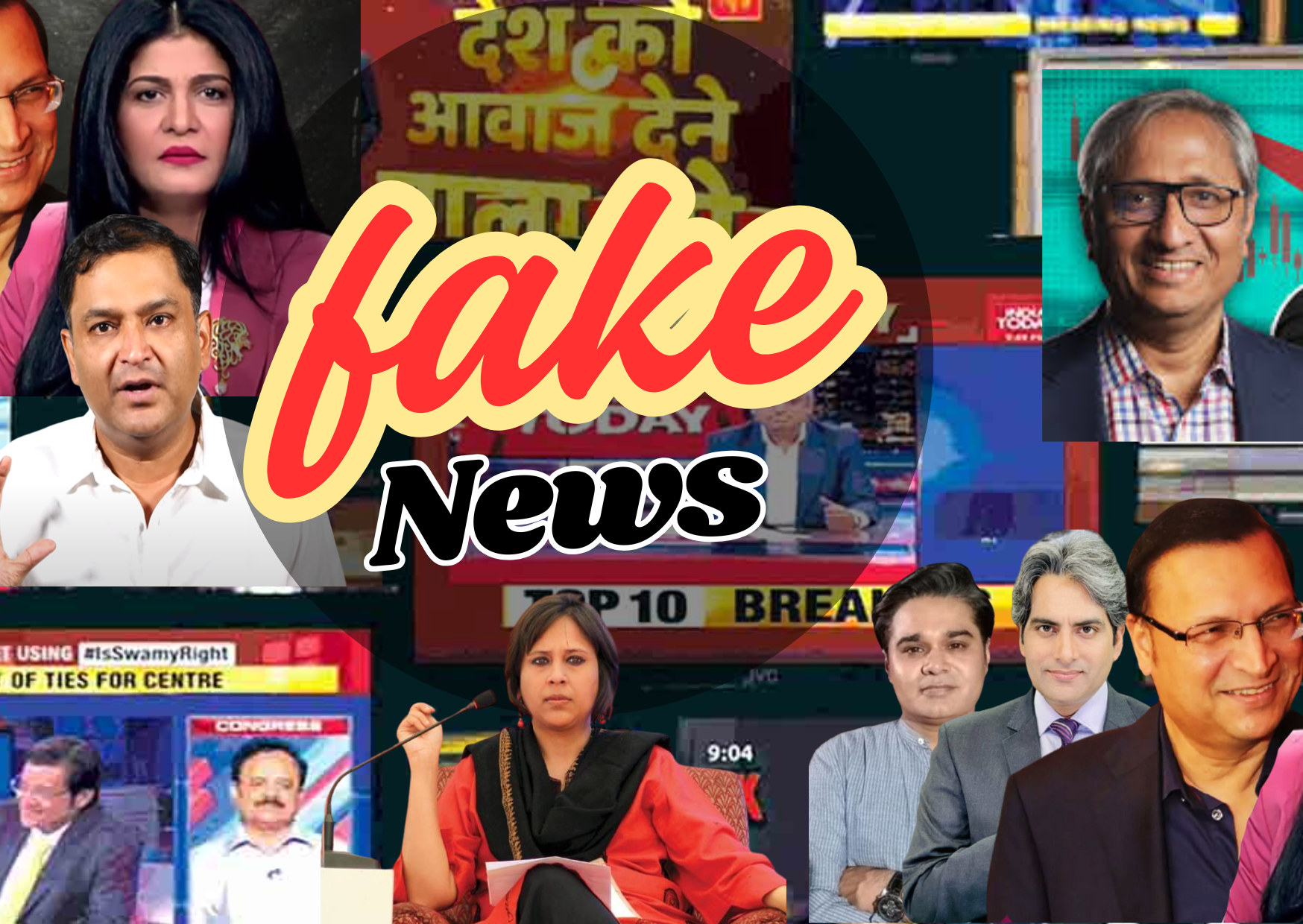
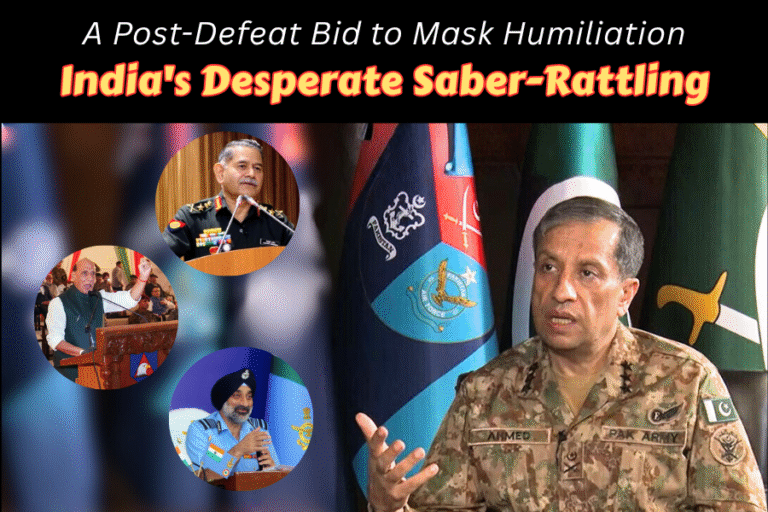
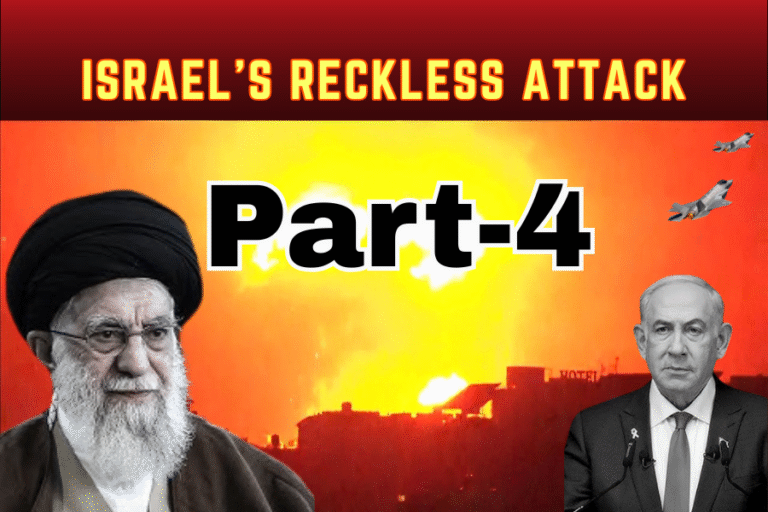
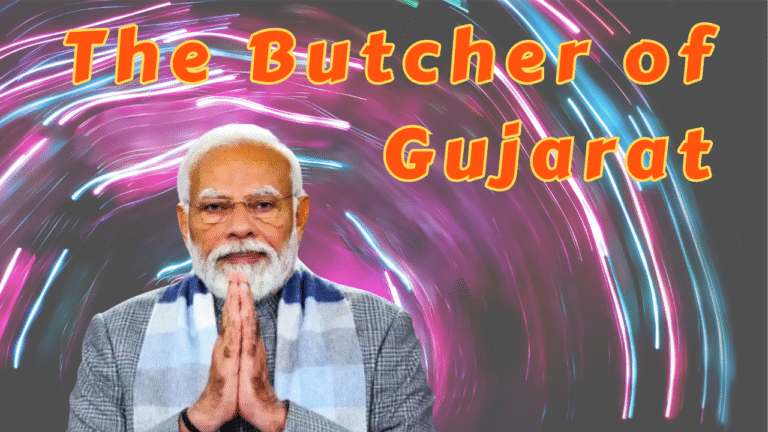
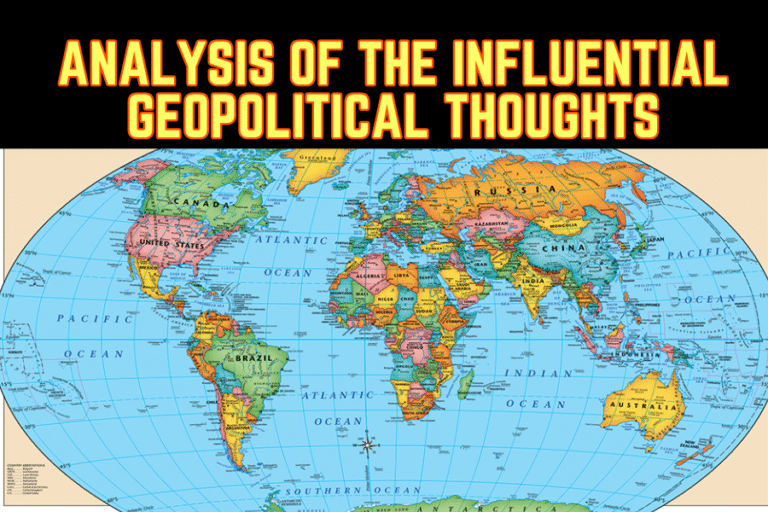
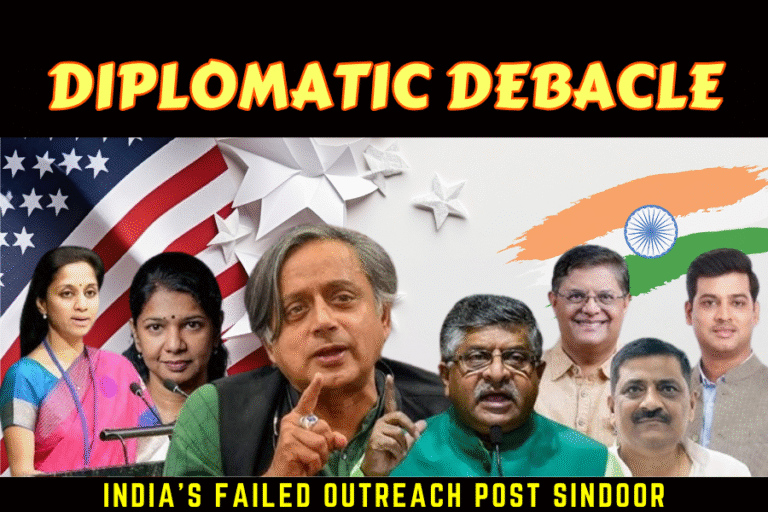
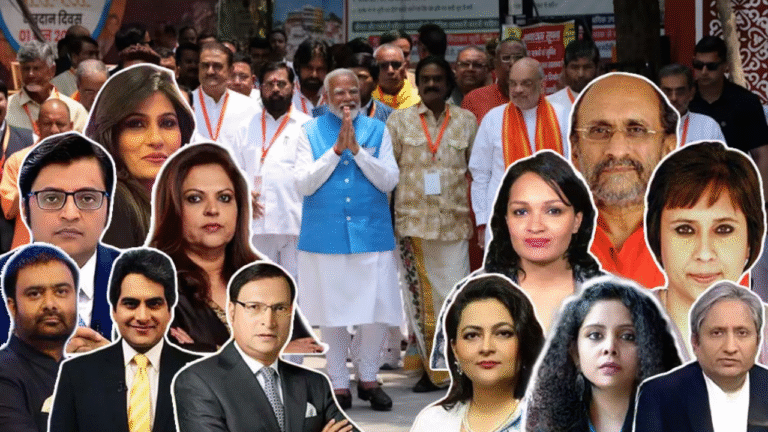
Great job highlighting the contradictions in India’s reaction to Pahalgam attack. It’s important for all countries to reflect on their actions and reactions if they want to maintain trust internationally.